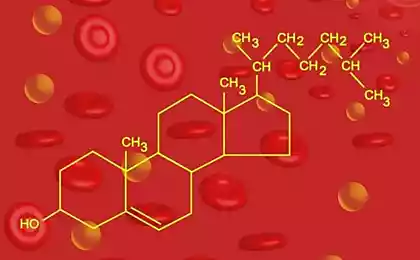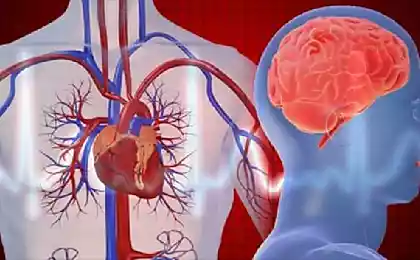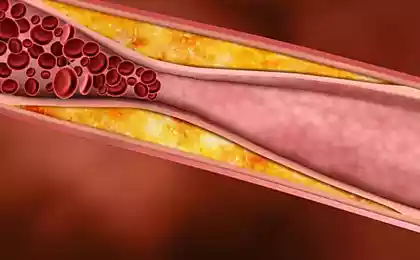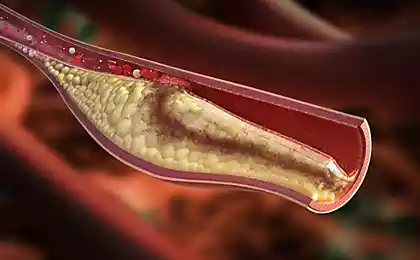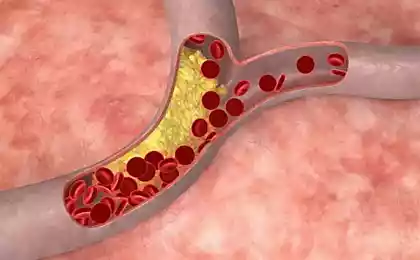856
Doctors question the useful qualities of good cholesterol
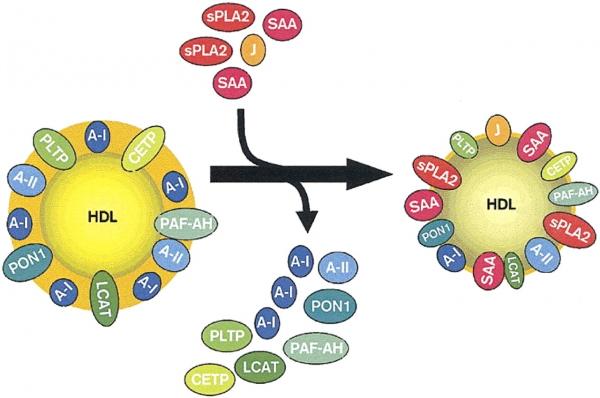
Previous studies have shown that high levels of HDL cholesterol are strongly associated with a lower risk of heart disease. But trials in which people were given drugs to increase their levels of HDL cholesterol, have led to unexpected results: it turned out that HDL cholesterol can actually be both protective properties and destroying.
Now, researchers from the Graduate School of Public Health at Harvard (HSPH) have found that when the structure of HDL cholesterol has a small protein called apolipoprotein C-III (apoC-III), it increases the risk of being subjected to heart disease, and when such a protein is absent, cholesterol HDL performs a protective function for the heart.
Researchers intention, instead of simply measuring the entire HDL, HDL cholesterol measured both apoC-III, and without it, to provide a more reliable measure of the risk of heart disease, or conversely, the ability of protective HDL.
The researchers also suggested that:
"Reducing the protein apoC-III in cholesterol HDL - through diet or drug treatment - can be an indicator of the effectiveness of its protective functions».
This is not the only recent study that questioned the cardio-protective benefits of cholesterol HDL. Article Sekar Kaziresan of Massachusetts General Hospital in Boston, and colleagues, published in The Lancet on May 17 casts doubt on the idea that the increase in blood levels of cholesterol HDL, accompanied by a reduced risk of heart attack.


